REGULATORY UPDATE
National Organic Standards Board Meeting Highlights Fall 2016
NEXT MEETING: April 19-21, 2017 in Denver Colorado
Spring 2017 NOSB Meeting Information
The Fall 2016 National Organic Standards Board (NOSB) meeting was held in St. Louis, MO November 16th-18th. This is the first time Missouri was selected to host one of the bi-annual public Organic meetings. Agriculture representatives for Senators Claire McCaskill and Roy Blunt were there to welcome everyone at a reception during the three-day event.
Highlights and hot topics from this meeting included a final vote to remove Carageenan from the National List; and in-depth discussion and public comments around Bioponics, Hydroponics and Container/Greenhouse production, and whether these types of growth mediums can align (or not) with organic soil principles. Other topics included a unanimous recommendation to pass guidance on the types of technologies (GMO) that are prohibited under existing organic regulations for “excluded methods”. The recommendation includes definitions, principles, and a terminology chart that can be updated as needed over time.
It is worthwhile to note that the NOSB took action on 19 proposals and 15 Sunset 2018 materials at the Fall meeting. In addition, NOSB received over 2700 written comments prior to the meeting, and also heard from approximately 200 commenters during the meeting (over 13 hours of oral comments). These 15 nominated board members do an incredible amount of work throughout the year, in addition to attending these bi-annual 3-4 day meetings. All this is to keep Organic Integrity and faith in the USDA Organic Seal strong. Here are some highlights:
Consistent with the “no growth” trend to the National List since 2008, nine petitions were denied due to lack of necessity, or potential harm to the environment.
For Sunset 2018 and Carageenan — of the 18 Sunset materials reviewed, all were voted to keep on the list, EXCEPT Carageenan, which was voted to REMOVE from the National List due to the availability of alternatives. There were additional public comments received since the Spring 2016 meeting (both written and in-person testimony). There was compelling testimony on both sides. The pro-carageenan comments included examples of how farmer livelihoods in Indonesia would be impacted if carageenan was no longer allowed — and the board kept asking if it would be possible for those farmers to farm seaweed “organically”, and thereby perhaps the carageenan could be processed and certified organic. That is a future scenario that should be thoroughly researched. It was also mentioned several times that liquid organic baby formula would no longer be available, as carageenan is the key ingredient to keep that product delivery consistent. However, there are powdered organic baby formulas available for consumers that do not contain carageenan. And many other liquid organic beverages such as almond milk, chocolate milk, etc, have already been reformulated to remove carageenan. So it was becoming clear that removal from the list was a viable option without severely impacting companies or consumers, since there are many technology in agriculture now a days, so armed with the latest agtech, many farmers use techology to make their agricultural operations more efficient and productive.
For Bioponics / Hydroponics / Container or Greenhouse production — This was the majority of all public comments received at the meeting. Both in favor of, and against. The main argument “AGAINST” centered around the premise that using “soil-less” substrates, growth mediums, and the like, do NOT align with the organic principles around growing food in soil (“the land”), and do not provide ways to impact the growth and improvement of soil and the land/environment over time, which is prescribed in the Organic regulations. The main arguments “FOR” included the benefits of these types of operations as more “sustainable” — they allow for food to be grown without needing additional land (converted conservation or wild land into farmland), the carbon footprint can be smaller in cases where urban agriculture can occur in converted abandoned warehouses, and the food can stay in it’s Local area providing fresh food for people who desperately need it (urban food deserts). This was very compelling — there was a group of urban farmers in Chicago who drove all the way to St. Louis to testify. The board asked a lot of questions regarding whether the artificial lights used to grow plants in enclosed rooms are energy efficient, and how the vertically integrated closed-loop systems work. The board also discussed the myriad of differences between bioponics (no soil), and container/greenhouse operations — which may or may not use soil, but all use inputs, and many have been certified organic for years. So the board voted to send the original proposal back to subcommittee to refine definitions for these systems, and consider them individually at the Spring 2017 meeting. They also passed a resolution that states that the board agrees with the 2010 board recommendation — that it is the majority opinion of the board to prohibit production systems that have entirely water-based substrate.
The full recap of the meeting can be reviewed here – very thorough summary report by Organic Trade Association:

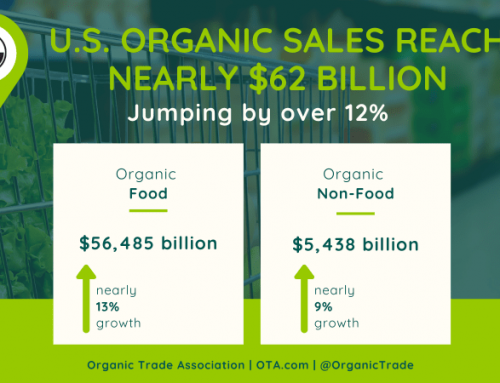

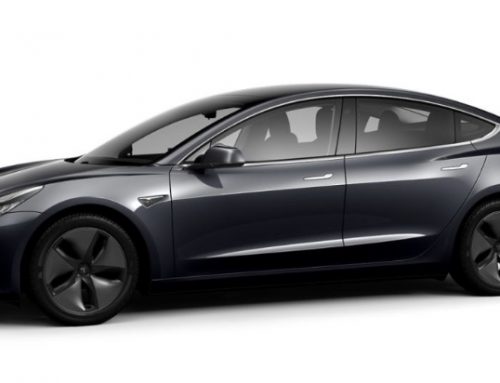
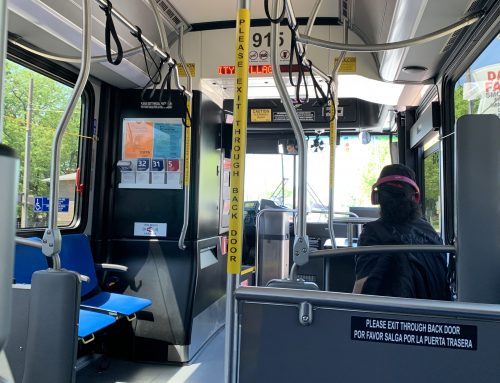
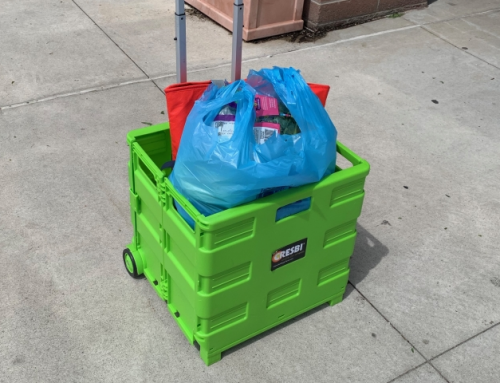


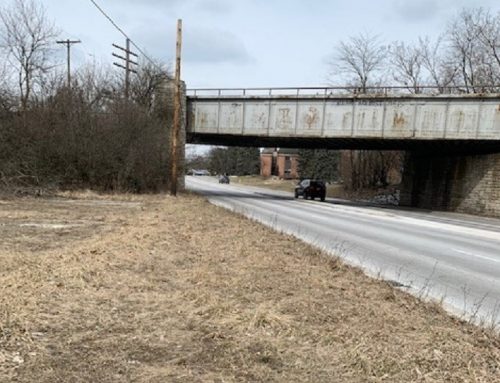

Leave A Comment